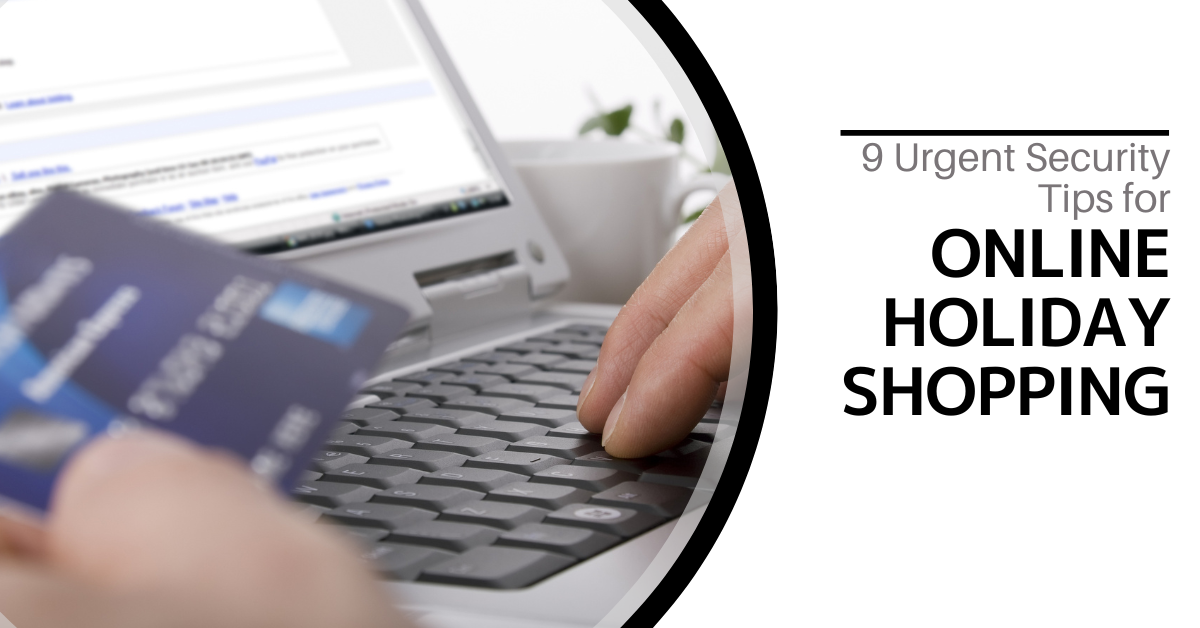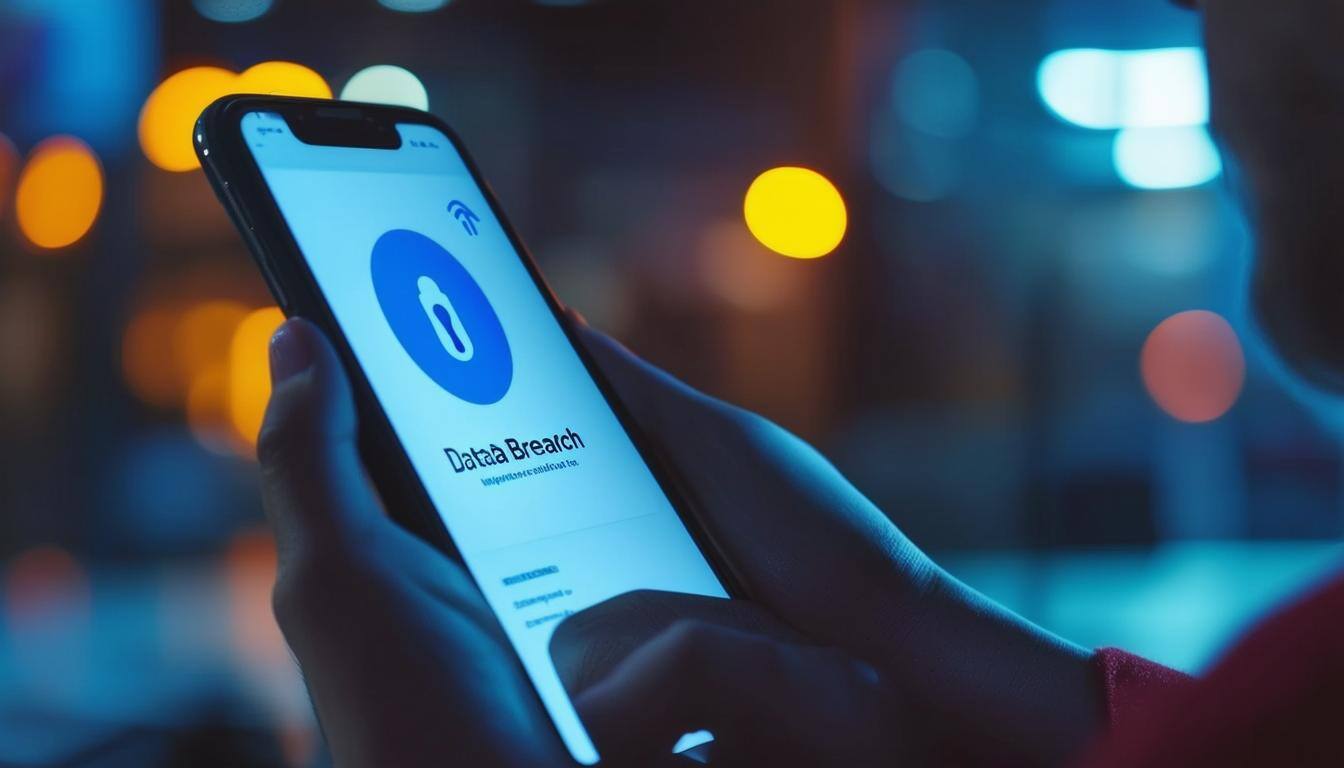9 Urgent Security Tips for Online Holiday Shopping
The holiday shopping season is taking off. This means that scammers have also revved up their engines. They're primed and ready to take advantage of...
Netflix has become an essential part of many people's daily entertainment routines. They fire up their devices, log in, and pick right back up on the next episode of Shadow and Bone or The Black Knight (or are those just the shows we are watching?).
You might not realize it, but Netflix accounts can be vulnerable to hacking. It’s a baked-in risk when you have a service that is only protected by a username and password (no multi-factor authentication).
If you experience an account hack, you are not alone.
In this article, we’ll give you the steps to take when you suspect someone has hacked your Netflix account. Let’s first cover how hackers typically operate when deploying an account takeover.

Phishing overload is a problem that hackers take advantage of in these types of breaches. People receive fake emails all the time that spoof brands like Netflix. One common phishing ploy is an email stating, “There has been suspicious activity on your account.” It will include a link to log in to a spoofed site that looks like the brand’s normal login page. This is a classic trick to steal your login credentials. We see it happen regularly to Idaho businesses.
Hacked Netflix accounts typically go for $12 each on the dark web.
People get numb to these emails because they get so many of them. They tend to tune them out, knowing that clicking on them could be dangerous. Hackers take advantage of this, hoping you’ll ignore the real ones from Netflix that warn you of a suspicious login (theirs!).
They lay low and don’t take any action yet that will lock you out. They wait for you to receive a few more of these emails, so you’ll completely ignore them. Then they attempt a takeover.
Accounts hacks can go in various ways. Here is one typical scenario of a Netflix hack:
They also usually replace any user profile names on your account with numbers (1, 2, 3, etc.)
If you suspect a hacked account, visit the Netflix site directly from your browser. Do not go through a link you received via email, DM, or SMS.
See if you can log in using your password. You may be able to if you caught the hacker before they locked you out. If not, then skip to Step 4 below, calling Netflix support.
If you can log into your account, change the password right away. Ensure it’s a strong password that is at least 10-12 characters in length. It should also include a combination of letters, numbers, and symbols.
Do not use a variation of the breached password. You should not use any part of your old password to create the new one.
If you can still access your account and settings, go to the payment methods area. Often hackers will add another payment card to your account. They use it to verify the account to Netflix support.
Remove any strange payment method that is not yours. But if you remove your own payment card, you will need another way to verify your account with Netflix. So, at this point, you may want to call before you do that.
Contact Netflix support whether you have or have not succeeded in logging in. There may be things the hacker has done that you aren’t aware of. They may have changed subscription information, parental controls, or accessible devices.
Let the support representative know you think you're the victim of an account hack. They’ll walk you through the process of undoing what the hacker has done.
Continue to watch your bank statements for any unusual charges. Not just from Netflix but any charge that doesn't seem right. The hacker may have swiped your card info from your compromised Netflix account. You should check your bank statements like this after any account hack.
People often use the same or the nearly same password for several accounts. Make sure to change the password for any accounts that used the one that was just hacked. Make it different than the new Netflix password.
For more information on securing your Netflix account, see their official guide here.

The holiday shopping season is taking off. This means that scammers have also revved up their engines. They're primed and ready to take advantage of...

A data breach can leave you feeling vulnerable and powerless, especially when you receive an email or notification informing you that your personal...

Have you felt more secure from cyberattacks because you have a smaller business? Maybe you thought you couldn’t possibly have anything that a hacker...